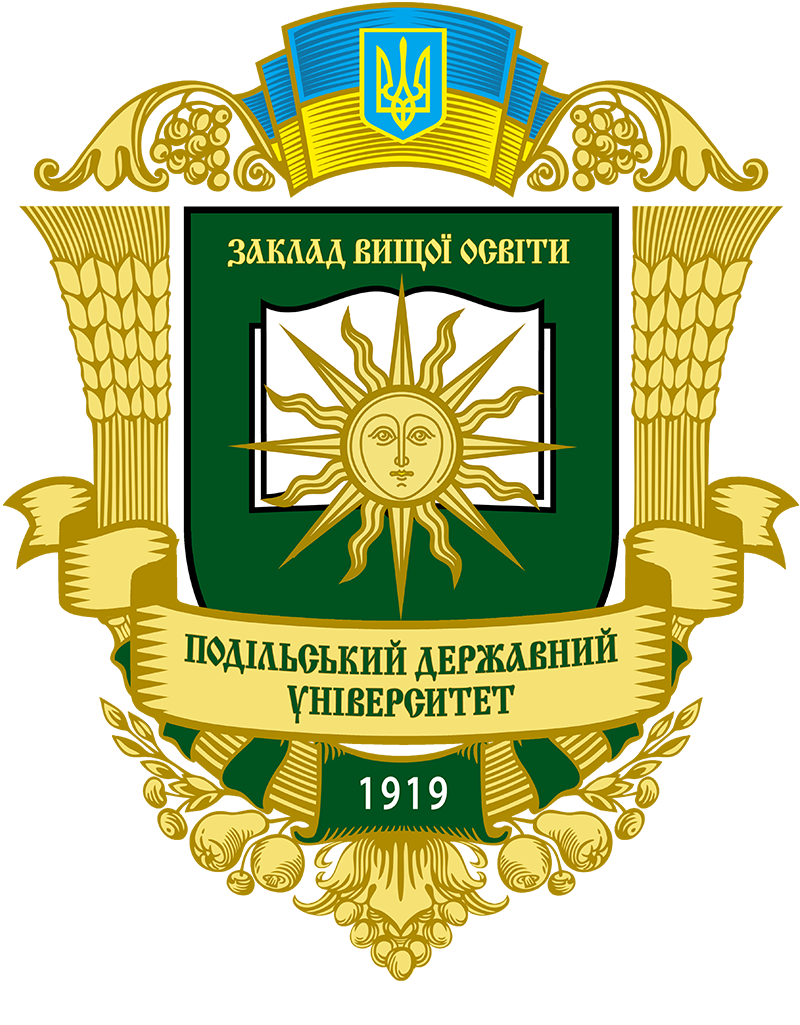THE CONCEPT OF ECONOMICS OF IMPRESSIONS IN THE DEVELOPMENT OF THE ENTERPRISES OF THE RESTAURANT BUSINESS
DOI:
https://doi.org/10.37406/2706-9052-2019-2-13Keywords:
restaurant business; concept; economy of impressions; offer; the consumer; motivational factors; restaurant service; value; development.Abstract
Conditions of rapid development and increasing competition in the sphere of restaurant business actualize the issues of development of innovative approaches to managing the development of the restaurant business enterprise in a competitive environment, which should contain creative innovations to increase the social and emotional value of restaurant services for consumers. The ability of the restaurant business enterprise to generate the desired impression on the consumer will determine its competitive position and success in the market. Insufficient coverage of the fundamentally important issues related to the study of the essence of the concept of “impression economy”, insufficient theoretical consideration of the theoretical and methodological aspects of the concept of impression economy in managing the development of restaurant business enterprise confirm the relevance and purpose of the above topic. The study is based on a set of rules and procedures containing a series of methods that use to systematize scientific approaches to defining the essence of the concept of “impression economy”, to establish the relationship of gastronomy and restaurant business, to systematize the motives for visiting the restaurant business enterprise by consumers into 4 groups (physical, cultural, interpersonal, status), identify the levels of management of the restaurant service. Such methods include: problem and comparative, formal and logical, system and structural. The five-tier model of restaurant service management is proposed in the article. Customer impressions as a key value of the restaurant service are highlighted separately in this model at the highest level. This restaurant service has a synergistic effect that transforms the traditional approach to the restaurant service offering into a multi-tiered innovative interconnection system: “restaurant service – value of restaurant service – impression of restaurant service”. Prospects for practical implementation of the concept of economy of impressions in the activity of restaurant business enterprises are connected with the need to solve a number of problems. In particular, studies require the application of the concept of impression economy as an element of marketing-oriented management of the development of restaurant business enterprises, which will increase the value of the restaurant service, contribute to the formation of a positive image and accelerate the achievement of target activity indicators.
References
Пайн II Б.Дж., Гилмор Дж. Экономика впечатлений. Как превратить покупку в захватывающее действие. Москва : Альпина Паблишер, 2018. 452 с.
Завадинська О. Ю. Інноваційні маркетингові методики підвищення лояльності споживачів послуг сфери ресторанного бізнесу. Вісник Київського національного університету культури і мистецтв. Серія : Менеджмент соціокультурної діяльності. 2018. Вип. 1. С. 137-148.
Самодай, В. П., Локоть В. О. Перспективи використання національних традицій та етнічної кухні у готельно-ресторанній сфері. Вісник Львівського інституту економіки і туризму. Серія: Економічні науки. 2016. № 11. С. 221-225.
Гросул В. А., Зубков С. О., Іванова Т. П. Методичний інструментарій оцінювання рівня інноваційної активності підприємств ресторанного господарства. Маркетинг і менеджмент інновацій. 2018. No 1. С. 284-294. DOI: 10.21272/mmi.2018.1-21
Завадинська О. Ю. Пошук нових шляхів комунікації з клієнтами як один із ключових напрямів роботи для ресторанного бізнесу. Підприємництво і торгівля. 2018. Вип. 22. С. 115-119. URL : http://nbuv.gov.ua/UJRN/Torg_2018_22_20 (дата звернення 08.08.2019).
Пайн II Б.Дж., Гилмор Дж. Экономика впечатлений. Работа – это театр, а каждый бизнес – сцена. Москва : Издательство «Вильямс», 2005. 304 С.
Richards G., Raymond C. Creative Tourism. ATLAS News. 2000. № 23. P. 16-20.
Grbac B., Milohanović A. Contribution of Food Products in Creating Cultural Identity of Tourist Destination. WSEAS International Conference on Cultural Heritage and Tourism. Heraklion, Crete Island, Greece, July 22–24. 2008. P. 83-88.
Lin Y.C., Pearson T.E., Cai L.A. Food as a form of destination identity: A tourism destination brand perspective. Tourism and Hospitality Research. 2011. №11 (1). P. 30-48.
Амброзяк Н. Заклади ресторанного господарства: організуємо роботу правильно. Податки та бухгалтерський облік. 2017. № 48. URL : https://i.factor.ua/ukr/journals/nibu/2017/june/issue-48/article-28150.html (дата звернення 10.08.2019).
Красовська О.Ю., Карпова Н.А., Троян І.Г.Маркетингові дослідження як інструмент розробки концепції нового підприємства ресторанного бізнесу. Ефективна економіка. 2014. № 5. URL : http://www.economy.nayka.com.ua/?op=1&z=3085 (дата звернення 08.08.2019).
Demattè M. L., Endrizzi I., Gasperi F. Food neophobia and its relation with olfaction. Frontiers in Psychology. Vol. 5. URL : https://www.ncbi.nlm.nih.gov/pmc/articles/PMC3925843/
Fields K. Demand for the gastronomy tourism product. Motivational factors. In Tourism and Gastronomy. Routledge : London. UK. 2002; pp. 36-50.
Калєнік К. В., Гросул В. А. Лояльність споживачів як основний критерій формування конкурентних переваг підприємств ресторанного господарства. Економіка та суспільство. 2018. Вип. 15. С. 272-277. URL : http://economyandsociety.in.ua/journal/15_ukr/42.pdf (дата звернення 12.08.2019).
Чубукова О. Ю., Яренко А. В. Економіка вражень: передумови зародження, головні ідеї, економічна сутність. Вісник Київського національного університету технологій та дизайну. Серія Економічні науки. 2016. № 6 (105). C. 92-98.
Ищенко В.Г. Сервис: этика и эстетика игры. Вестник Балтийского федерального университета им. И. Канта. 2012. Вып. 12. С. 139-145.










